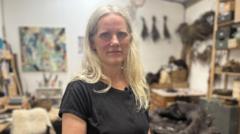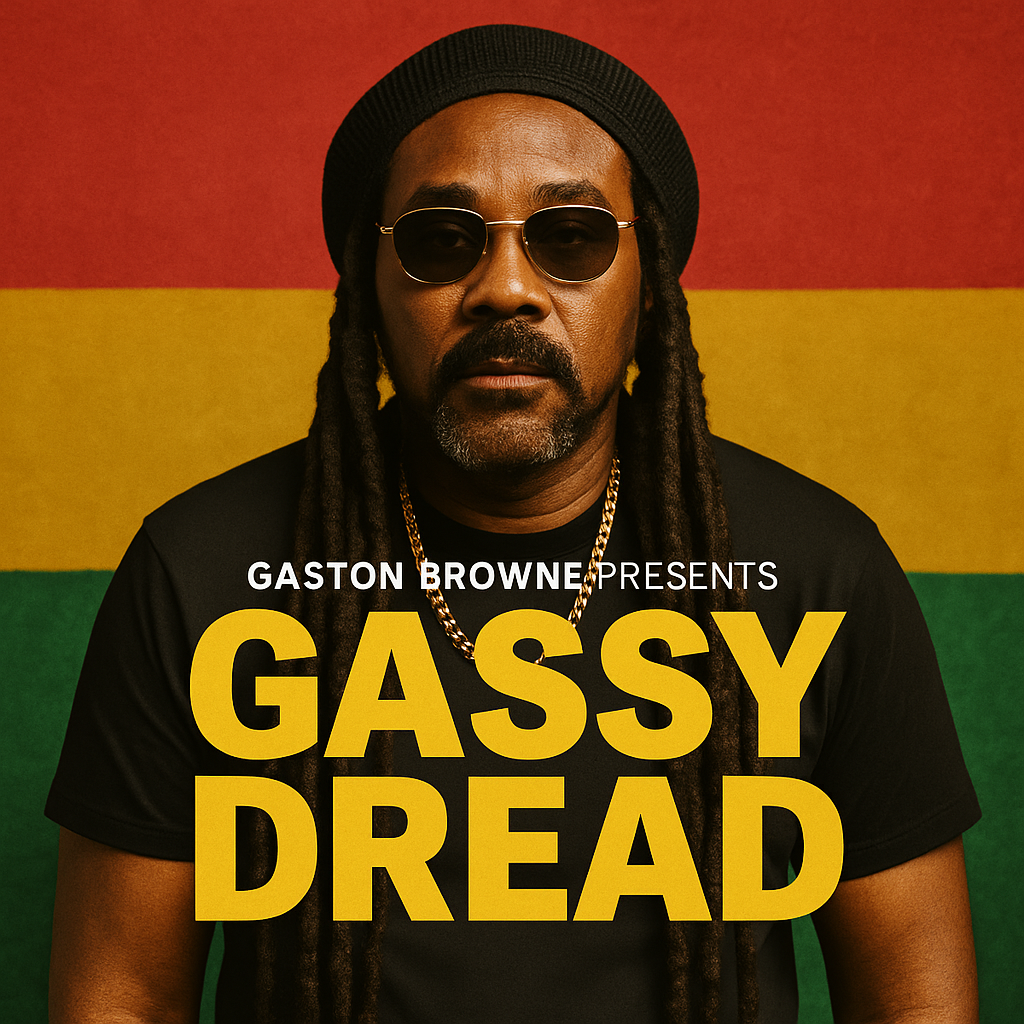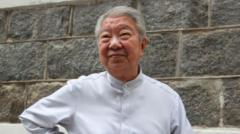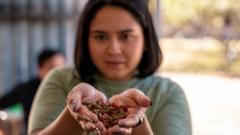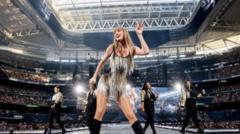As the world becomes more environmentally conscious, the conversation around death and its impact on the planet is gaining traction. For Rachel Hawthorn, a resident of Hebden Bridge, West Yorkshire, the thought of a traditional burial or cremation just doesn't sit right. "I don’t want my last act on this planet to be a polluting act," she explains, embodying a sentiment growing amongst eco-aware individuals.
Rachel is taking matters into her own hands by crafting her own burial shroud, made from eco-friendly materials like locally sourced wool, willow, bramble, and ivy. Her artistic pursuits, rooted in themes of death, grief, and nature, lead her to see the shroud as more than art—it's a statement against traditional, wasteful practices.
A significant number of people in the UK face the hard reality of traditional funerals that involve carbon emissions—similarly, burial methods utilizing non-biodegradable coffins and embalming fluids contribute to environmental decline. A recent Co-op Funeralcare survey indicates that one in ten respondents desire eco-friendly funeral options.
As Rachel navigates personal and societal dialogues surrounding death, she also serves as a death doula, helping individuals and families explore alternatives to conventional funeral practices. "When we talk about death, I find it enriching," she states, emphasizing the importance of open discussion surrounding mortality.
In the UK, a move towards natural burials—shallow graves without harmful chemicals—gains supporters. Unique burial grounds devoid of traditional markers and pesticide usage resemble serene woodlands, like Tarn Moor Memorial Woodland in North Yorkshire. This approach respects the deceased's connection to nature while allowing for sustainable practices.
Louise McManus shared her mother’s final wishes for a natural funeral at Tarn Moor, complete with sustainable elements such as an electric hearse and a locally made wool coffin. "She was concerned about what is happening to the environment," Louise recalls.
Furthermore, rising demand for sustainable funerals has led funeral director Sarah Jones to expand her business, with eco-burials now accounting for 20% of her services. “More and more people want to reflect the life values of the deceased with environmental considerations,” Sarah explains.
However, the practicality of natural burials isn't without its challenges. Although they often offer cheaper plots for locals, the ecological footprint of travel to these remote sites can offset the environmental benefits.
Rachel remains hopeful for change, envisioning a society where shrouds are a common choice, prepared and personalized. “It doesn’t have to be a certain way,” she says, advocating for choices that honour both life and the planet in one final, thoughtful act.

